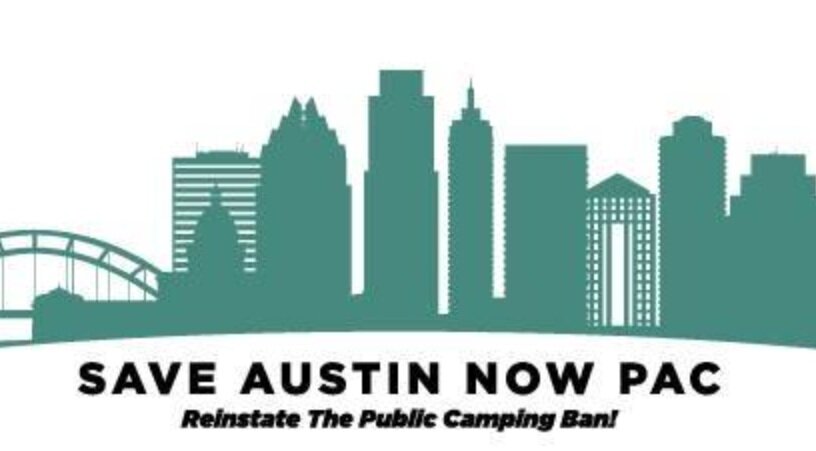Press Release: March 2nd, 2021
Save Austin & Plaintiffs Win at Texas Supreme Court: Lawsuit Challenged City of Austin Attempt to Prejudice Ballot on Public Camping & Panhandling Law Restoration
Texas Supreme Court Overturns 3rd Court of Appeals Ruling
AUSTIN, TX— Today the Texas Supreme Court ruled 6-3 in favor of Austinites who have been harmed by the Mayor and Council’s relaxation of public camping and aggressive panhandling laws. Supported by the Save Austin Now PAC, the lawsuit by Austinites challenged the ballot language passed by the Austin City Council after tens of thousands of Austinites submitted a petition to restore prior laws on public camping and aggressive panhandling. Changing the ballot question that Austinites petitioned for was unfair, prejudicial, and distorted the petition in an attempt to bias voters against their option to restore public camping and panhandling rules on the May 1st special ballot.
The following statement is from Save Austin Now PAC co-counsel Bill Aleshire, on behalf of relators Linda Durnin, Eric Krohn and Michael Lovins:
“We won. The Council must change the wording of the Prop B ballot. It also appears from the Opinion & Dissenting Opinion, that if the Council does not use the petitioned-ordinances’ caption on the ballot, then the election results could be challenged. All of the Supreme Court Justices held that the City Council’s ballot language was not lawful. The majority held that Council’s language saying the ordinance would make a criminal offense for “anyone” to camp or sit/lie down on the sidewalk would mislead voters. And 3 Justices held that the City Council was required to use the neutral wording of the caption in the proposed ordinance as the ballot language because the City Charter requires it. The Opinion and Dissenting Opinion can both be read, as a strong warning to the Council: If the Council does not adopt the ballot language as required by the City Charter and Prop B fails, then an election challenge is likely to be successful.”
Court’s Opinion (6 Justices):
“By failing to mention these exceptions and instead stating that the ordinance penalizes anyone who sits or lies down on the sidewalk, the Council’s proposition suggests that the ordinance’s prohibition on certain uses of the sidewalk sweeps much more broadly than it truly does. The proposition’s misleading use of “anyone,” without qualification, “affirmatively misrepresent[s] the measure’s character and purpose or its chief features.” Dacus, 466 S.W.3d at 826. At a minimum, the word “anyone” must be struck from the proposition so that voters are not misled about what their vote for or against the ordinance means.”
